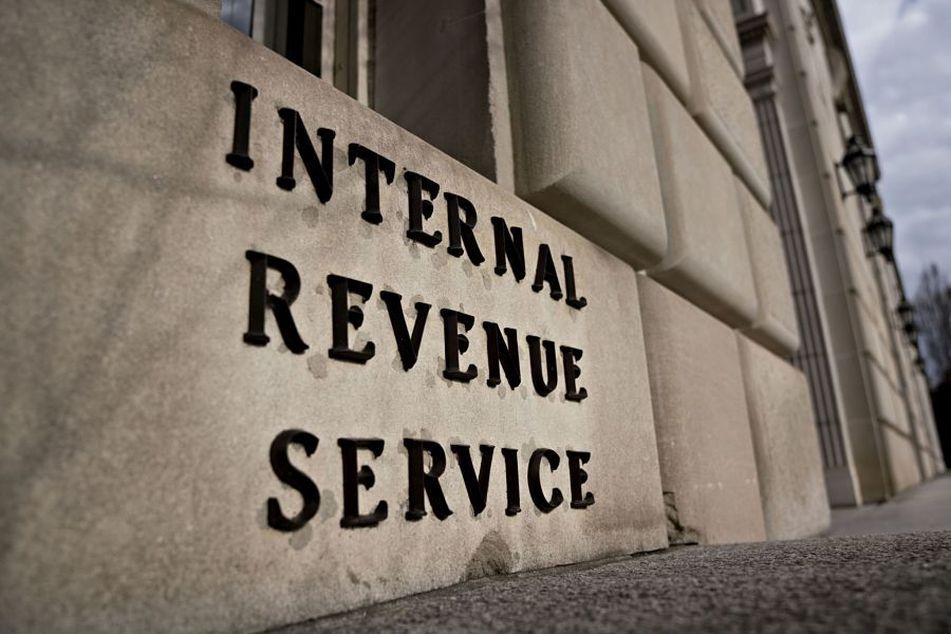Advisers prepare clients for audits as stronger IRS enforcement looms

The Inflation Reduction Act will boost the agency's funding by $80 billion over 10 years to strengthen its enforcement and compliance efforts.
Financial advisers and their clients are bracing for the potential for more audits by the Internal Revenue Service now that the agency is about to get a big budget boost.
On Friday, the House approved along party lines, 220-207, the Inflation Reduction Act, sweeping legislation that encompasses Democrats’ health care and climate priorities, along with tax increases to pay for them. The Senate passed the bill last weekend, also on a party-line vote, and it now heads to President Biden to be signed into law.
One of the measure’s provisions would provide $80 billion over the next 10 years to the IRS in part to strengthen the agency’s enforcement and compliance efforts and result in $203 billion of extra tax revenue, according to a summary of the tax portion of the bill.
It’s likely the IRS will step up its scrutiny of high-net-worth individuals. Advisers and their clients are getting ready.
“We need to prepare for an audit, even if [clients] are not doing anything wrong,” said Craig Toberman, founder of Toberman Wealth. “We need to make sure everything they do is documented.”
That kind of tax housekeeping can be aided by technology that scans documents and digitizes files.
“It’s less expensive and cumbersome to invest in organizing [tax documents] on the front end rather than be forced to scramble in the event of an actual audit,” Toberman said. “Systems and technology can help with that.”
A careful review of tax returns can help clients avoid trouble with the IRS.
Michelle Gessner, founder of Gessner Wealth Strategies, looks at her clients’ tax returns from the previous year as she does tax planning.
“In this process, we find errors all the time,” Gessner said. “With our set of eyes on the return that was already filed and projecting ahead, we often find discrepancies that can be fixed.”
The exercise is helpful for all clients, not just those with high net worth who may be in the sights of the IRS.
“We assume everyone is being scrutinized,” Gessner said.
One area the IRS might target is the compensation that business owners pay themselves. If it’s too low, the agency might wonder whether the proprietor is trying to avoid self-employment taxes.
“I see it as a red flag,” said Sarah Ponder, founder of Real Estate Wealth Planning. “My general advice is to ensure that their salary and compensation is at least in line with the Bureau of Labor Statistics average for their profession in their metro area, among other factors. They should also look closely at their profitability to determine if their salary is fair relative to their owner’s compensation profit.”
If the IRS knocks on your door, it doesn’t necessarily mean you did something wrong, said Matt Chancey, an adviser at Coastal One. It just indicates you did something outside the norm that the agency wants to review more closely.
“If it’s a legal strategy and it’s going to save you hundreds of thousands of dollars, I would argue that the cost and inconvenience of an audit would be worth it,” said Chancey, who specializes in tax planning. “The juice is worth the squeeze. But that’s a decision each taxpayer has to make based on their own circumstances.”
Not all of the $80 billion in new IRS funding will be devoted to enforcement. The money also will be used to fund taxpayer services, operations support and business systems, according to an analysis by EisnerAmper.
That could ease the frustrations of Rose Swanger, principal at Advise Finance. She has waited on hold for two or three hours at a time when she has called the agency on behalf of a client.
“If increasing the IRS budget means a better service for both taxpayer and tax professionals, that’s good for everyone,” Swanger said. “From what I have seen and experienced so far, there’s a long lag time on the notices sent to the clients and response time with the IRS.”
[More: Republicans attack stock-buyback tax as threat to retirement savings]
What’s driving advisers’ increased adoption of alternatives?
Learn more about reprints and licensing for this article.








